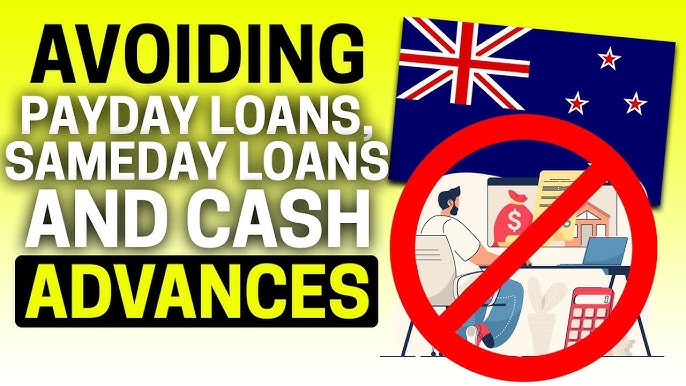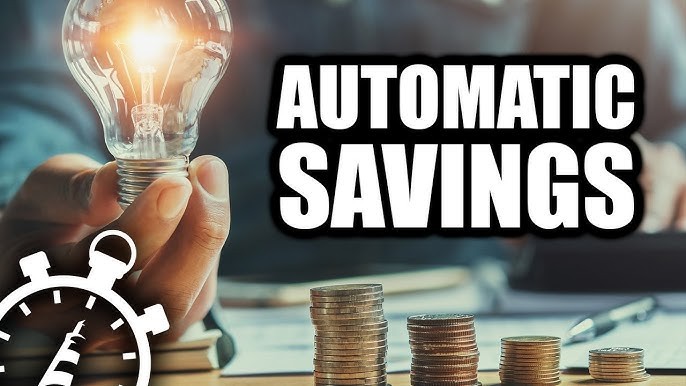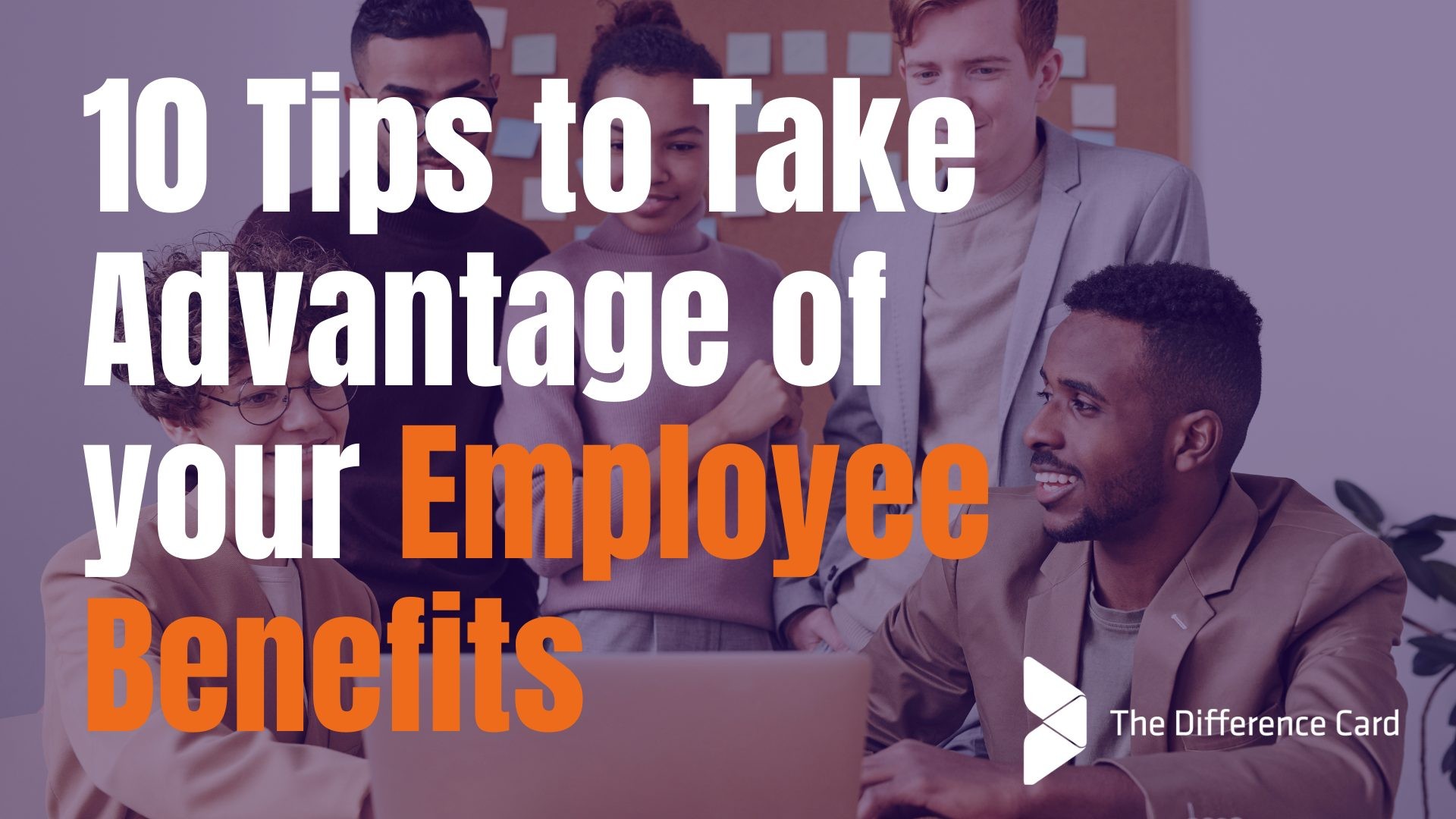Avoiding payday loans is not just a matter of financial discipline—it’s about understanding the broader implications of short-term borrowing and making strategic choices that protect long-term financial health. Payday loans often present themselves as quick fixes for urgent cash needs, but beneath the surface, they carry high interest rates, aggressive repayment terms, and a cycle of debt that can be difficult to escape. For individuals and families navigating financial stress, the appeal of immediate relief can overshadow the risks. However, with the right mindset and planning, it’s possible to steer clear of these costly traps and build a more stable financial foundation.
The first step in avoiding payday loans is recognizing the situations that make them seem necessary. Often, people turn to these loans during moments of crisis—unexpected medical bills, car repairs, or gaps between paychecks. These are real and pressing concerns, and the urgency can make payday lenders appear like the only viable option. But the reality is that borrowing at exorbitant rates rarely solves the underlying problem. Instead, it often compounds it. A loan of a few hundred dollars can balloon into thousands if not repaid quickly, especially when fees and penalties accumulate. Understanding this dynamic is crucial to making more informed decisions under pressure.
Building financial resilience starts with proactive budgeting. While it may sound basic, having a clear picture of income, expenses, and savings can dramatically reduce the likelihood of needing emergency loans. A budget isn’t just a spreadsheet—it’s a tool for anticipating needs and identifying areas where adjustments can be made. For example, someone who notices recurring overdraft fees might restructure their spending to avoid those charges, freeing up cash for unexpected expenses. Similarly, allocating even a small amount each month to an emergency fund can create a buffer that makes payday loans unnecessary. Over time, these habits build confidence and reduce reliance on external financial support.
Access to alternative financial resources is another key factor. Many people are unaware of the options available to them beyond payday lenders. Credit unions, for instance, often offer small-dollar loans with far more favorable terms. Community organizations may provide financial counseling or emergency assistance programs. Even negotiating with creditors directly can yield temporary relief without resorting to high-interest borrowing. A utility company might offer a payment plan, or a landlord might agree to a short extension. These conversations require vulnerability and initiative, but they can lead to solutions that are far less damaging than payday loans.
Education plays a vital role in shifting behavior. Financial literacy isn’t just about knowing how to calculate interest—it’s about understanding the systems and choices that shape financial outcomes. Schools, workplaces, and community centers can all contribute to this effort by offering workshops, resources, and mentorship. When individuals understand the long-term impact of borrowing, the importance of credit scores, and the mechanics of compound interest, they are better equipped to make decisions that align with their goals. For example, someone who learns about the benefits of building credit through a secured card might choose that route instead of a payday loan, setting themselves up for better borrowing options in the future.
Technology can also be a powerful ally in avoiding payday loans. Budgeting apps, automatic savings tools, and financial dashboards make it easier to track spending and plan ahead. Some platforms even offer early access to earned wages, allowing users to bridge short-term gaps without resorting to loans. These innovations are not a cure-all, but they provide practical support for managing cash flow and staying informed. A gig worker who uses an app to set aside a portion of each payment might find themselves better prepared for a slow week, reducing the temptation to borrow.
Mindset is perhaps the most underrated element in financial decision-making. Avoiding payday loans often requires a shift from reactive to proactive thinking. It means viewing financial challenges not as emergencies to be patched up, but as signals to reassess and recalibrate. This shift doesn’t happen overnight, and it’s not always easy. But when individuals begin to see themselves as capable of managing their finances—even imperfectly—they open the door to more sustainable choices. A single missed payment becomes a lesson, not a crisis. A tight month becomes a prompt to revisit priorities, not a reason to panic.
In business, the principle is similar. Companies that rely on short-term financing to cover operational gaps often find themselves in a cycle of dependency. Breaking that cycle requires strategic planning, cash flow management, and a willingness to invest in long-term stability. The same applies to personal finance. Avoiding payday loans is not just about saying no—it’s about building the systems, habits, and mindset that make saying no possible. It’s about creating space between urgency and action, where better choices can emerge.
Ultimately, the goal is not just to avoid payday loans, but to build a life where they’re no longer even considered. That means cultivating financial awareness, seeking out supportive resources, and believing in the possibility of change. It means recognizing that while the road to financial stability may be uneven, it is navigable. With each step—each budget adjustment, each conversation, each decision to pause and reflect—individuals move closer to a future where financial stress is met with strategy, not desperation. And in that future, payday loans lose their power, replaced by confidence, clarity, and control.





